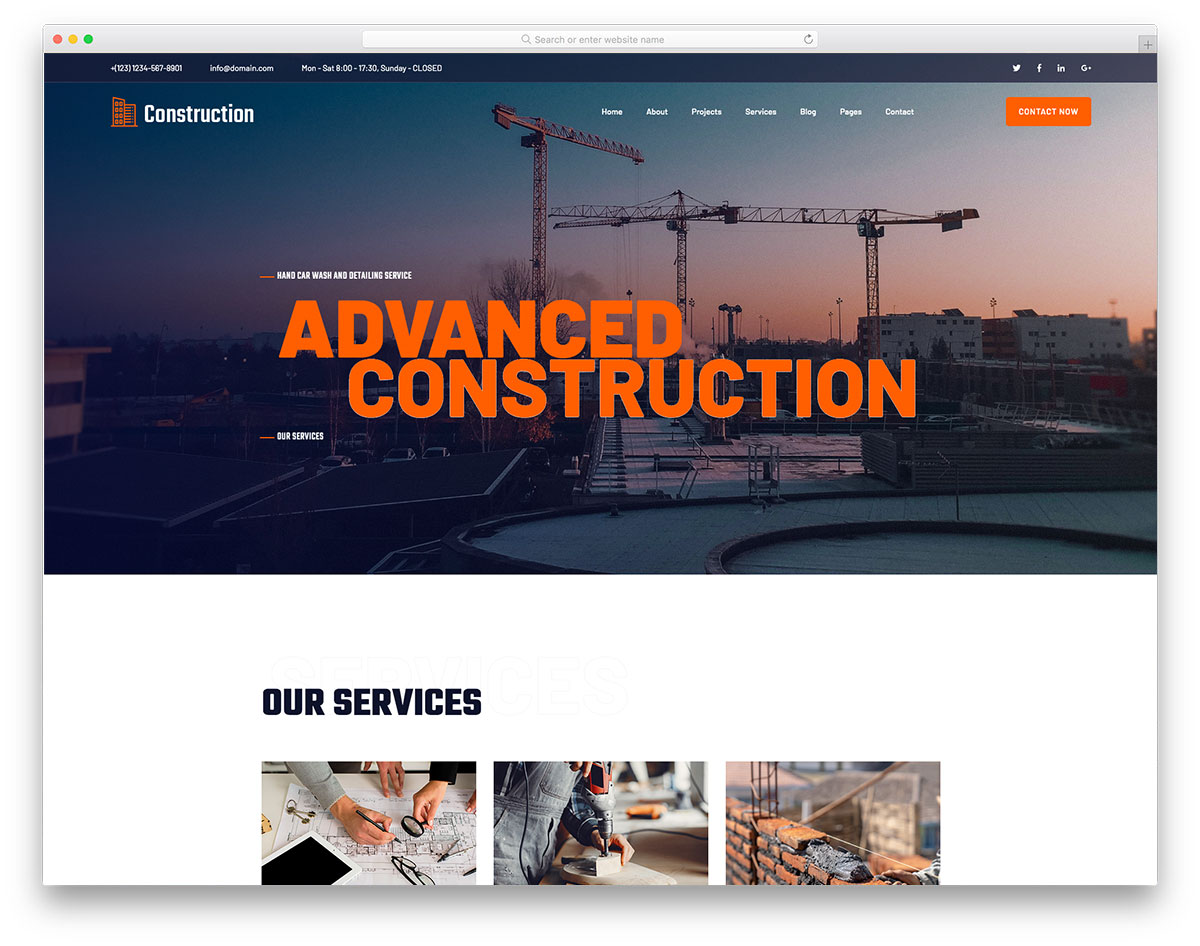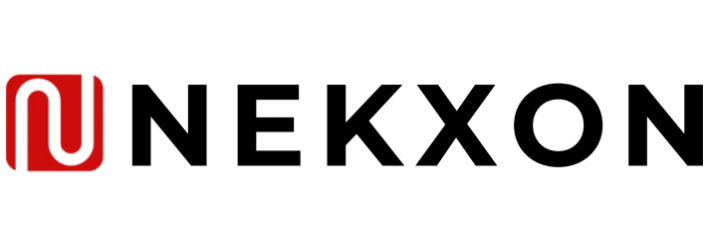Construction Companies

Clients:
John
Category:
Website & Digital Marketing
Date:
07 February, 2022
Here to Know About This Project
1. Define Your Goals and Audience
- Target Audience: Identify who your primary visitors are (e.g., homeowners, commercial property managers, subcontractors).
- Objectives: Decide what you want to achieve (e.g., generate leads, showcase projects, provide information).
2. Plan Your Content
- Homepage: Highlight your unique selling points, such as experience, specialties, and recent projects.
- About Us: Provide information about your company’s history, values, team, and mission.
- Services: Detail the services you offer with clear descriptions and potentially case studies.
- Projects/Portfolio: Showcase completed projects with high-quality images and descriptions.
- Testimonials: Include client reviews and testimonials to build credibility.
- Contact Information: Ensure easy access to your contact details, including a contact form, phone number, email, and possibly a map.
3. Design and User Experience
- Professional Look: Use a clean and professional design that aligns with the construction industry.
- Responsive Design: Ensure the site is mobile-friendly and looks good on all devices.
- Navigation: Make the site easy to navigate with a clear menu and well-organized content.
- Visuals: Use high-quality images of your work, including before-and-after photos if applicable.
4. Functionality
- Contact Form: Include a contact form to make it easy for potential clients to reach out.
- Call to Action (CTA): Have clear CTAs throughout the site (e.g., “Request a Quote,” “Schedule a Consultation”).
- Blog/News Section: Consider adding a blog to share industry news, project updates, and tips.
- SEO Optimization: Implement basic SEO practices to improve search engine rankings. Use relevant keywords and meta descriptions.
5. Technical Aspects
- Domain and Hosting: Choose a reliable domain name and web hosting provider.
- CMS (Content Management System): Use a CMS like WordPress for ease of content updates, or opt for a custom solution if you have specific needs.
- Security: Implement SSL certificates for secure browsing and consider additional security measures to protect your site
6. Maintenance and Updates
- Regular Updates: Keep the site updated with new projects, blog posts, and any changes in your services.
- Backup: Ensure regular backups to prevent data loss.
- Performance Monitoring: Track site performance and user behavior to make informed improvements.
7. Marketing and Promotion
- Social Media Integration: Link to your social media profiles and consider sharing content across platforms.
- Local SEO: Optimize for local search to attract nearby clients.
- Google My Business: Set up and optimize your Google My Business profile for better local visibility.
8. Legal Considerations
- Terms and Conditions: Include terms of service and privacy policy to comply with legal requirements.
- Accessibility: Ensure your site meets accessibility standards to be usable by people with disabilities.

